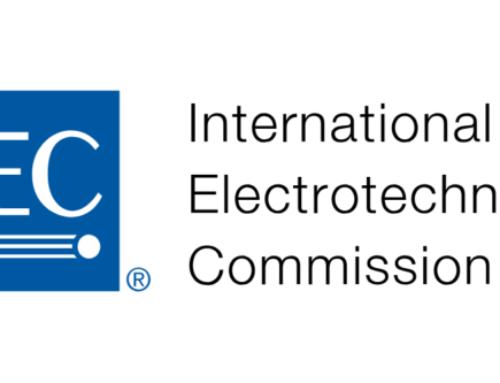On 31 March, 2021, CAICT and CCSA jointly held the “2021 Digital Transformation Development Summit Forum” in Beijing – during which the Enterprise IT Digital Capability and Operational Effectiveness Maturity Model (IOMM) (hereinafter referred to as “IOMM”) and Digitalization Trusted Service Capability Requirements series of standards were released.
IOMM has defined nearly 400 capability indicators, which can be used to sort out and pinpoint the development stage of the digital transformation of an enterprise, at the same time giving detailed guidance on the next development directions and paths. IOMM is based on:
- Six major capabilities: development of cloud intelligence to a platform-based model, capability componentization, data valorization, operation systemization, lean production management, and horizontal risk retention.
- Six values: intelligence and agility, efficiency improvement, quality assurance, business innovation, optimal risk control, and customer satisfaction.
Furthermore, IOMM has formulated five maturities for both platform IT and business IT for different industries and enterprises of different sizes. Among them, platform IT maturity mainly includes five categories: (i) basic guarantee, (ii) business support, (iii) platform service, (iv) customer operation, and (v) innovation leadership. Business IT maturity mainly includes five categories: (i) digitalization, (ii) going online, (iii) collaboration, (iv) smartification, and (v) ecosystem. For each category, the corresponding ability is evaluated, and the value score is used to verify the effect.
With the advancement of the digitalization of enterprises, enterprises in various industries have gradually demanded digital product platforms and digital service capabilities of related service providers in business units, such as digital infrastructure integrated cloud platforms, research and transportation digital governance, customer service, human resources, and supply chain.
The Digitalization Trusted Service Capability Requirements series of standards propose six capabilities from Three-dimensional Trust. Three-dimensional Trust includes service trustworthiness, security trustworthiness, and ecological trustworthiness. The six capabilities include: (i) customer-centered digital scenarios, (ii) digital governance, (iii) platform products, (iv) digital service operations, (v) digital trust security services, and (vi) trustworthy compatible ecosystem. This standard clarifies the comprehensive and trusted service capability level of digital services, helps manufacturers to upgrade from a single product capability to a credible and comprehensive digital service capability, takes into account customers’ digital scenarios, and contributes to the concepts of “trustworthy, common future”. For the first time, the standard puts forward the capability requirements for digital ecological compatibility, helping digital service providers adapt to a variety of ecological environments and technical routes, and promoting the healthy development of upstream and downstream digital ecology.
The Enterprise IT Digital Capability and Operational Effectiveness Maturity Model and Digitalization Trusted Service Capability Requirements series of standards released this time provide a basis for evaluating the status of enterprise IT digital transformation. This assessment can help companies improve their basic software and hardware management platform capabilities, enhance service providers’ platform-based governance capabilities, build digital platforms for common components, promote service providers’ transformation to perfect scenario-based services, improve service operation systems, and encourage service providers to actively carry out ecological adaptation work.
The meeting also released the first evaluation results of IOMM and digital trusted services based on the above standards. The first batch of companies to pass the IOMM assessment include: China Construction Bank, Baosight Software, Alibaba Cloud, China Merchants Group, China Mobile (Zhejiang Company) and China Mobile (information technology company); while the first batch of digital trustworthy service companies to pass the assessment include: Alibaba Cloud, Tencent Cloud, ZTE, China Telecom, China Mobile, AsiaInfo, Jiawei Technology, JD Technology.
For CAICT’s interpretation of these two types of standards (in Chinese), see: https://www.doc88.com/p-07347120564170.html?r=1




